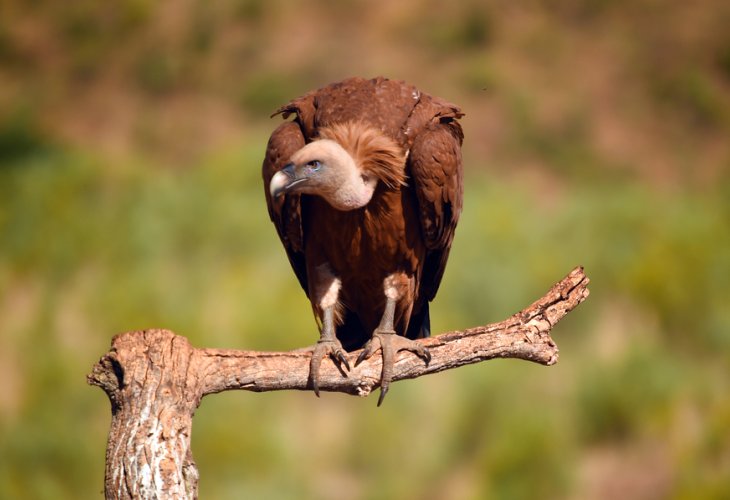The Da'ah and the Ra'ah: Are They the Same Bird?
This isn't the only word that appears in slightly different forms in various places. We, who believe that every letter in the Torah is precise, trust that everything has a reason, even if we don't always know it.
 (Photo: Shutterstock)
(Photo: Shutterstock)The Torah lists 24 non-kosher birds. One of them is called the "Da'ah," but in the Book of Deuteronomy, a bird named "Ra'ah" is listed. According to one interpretation, they are the same bird. So why is it written differently in different places?<\/p>
This isn't the only word that shows up in different forms in various places. People who don't believe in the sanctity of every letter in the Torah might think it doesn't matter, writing one way here and another way there, as if it's of no significance.<\/p>
However, we, who know that every letter in the Torah is precise, believe that everything has an explanation and reason, even if those reasons aren't always known to us.<\/p>
Regarding the names of the birds, a simple explanation exists: over the generations that passed from the time the Torah was given to when Moses presented the Book of Deuteronomy to the Israelites, the commonly accepted name of the bird may have changed. The Israelites were no longer in Egypt but were in settlement areas across the Jordan, and perhaps the name was a bit different at that time, which is why Moses used the then-appropriate name when repeating the passage.<\/p>
Interestingly, research shows that the Torah preserves ancient pronunciations that no one could have known without it being written accurately and preserved with reverence. For instance, Joab, King David's general, is called Shuwa in the Book of Samuel (2 Samuel 20:25), Shusha in 1 Chronicles (1 Chronicles 18:16), Shisha in Kings (1 Kings 4:3), and Seraiah elsewhere in Samuel (2 Samuel 8:17). Professor Shmuel Ahituv notes that name research shows all these pronunciations are legitimate and were used at different times. The original name is likely the Hurrian name "šewe-šarri<\/span>", making "Shuwa" part of the first name, "Shusha" or "Shisha" a compound form, and "Seraiah" the second part alone.<\/p> King Shishak of Egypt (1 Kings 11:40, and also 2 Chronicles chapter 12, verses 2, 5-6, 9) is mentioned in 1 Kings (14:25) as "Shoshek." This form appears in ancient inscriptions mentioning that king. Interestingly, the pronunciation "Shishak" is the later form, and the "Shoshek" spelling preserves the ancient form, as noted by linguist Anson Rainey.<\/p>

